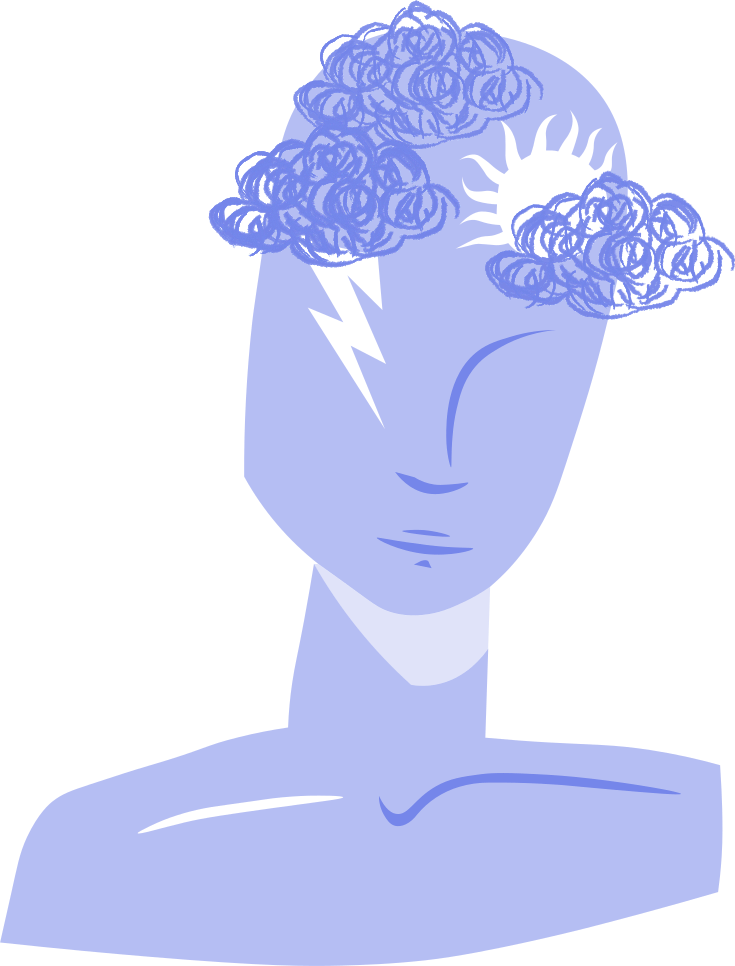
Mental Health
{Take care of yourself and your friends}
Put your brand in front of thousands monthly and support the growth of harm reduction.
During
You're there - lying in a field, at a friend's house or in a club...
First things first, start low and go slow. The worst thing you can do is take too much. Less is more! Always remember that you can take more if you need to, but you cannot un-take what you have already taken.
Secondly, look out for your mates and fellow party-goers. Remember smoking and chill out areas exist for a reason - if it's all a bit much, it can do a world of good to pop outside or have a sit down for a few minutes. If it goes south, don't leave friends unattended and never be scared to ask for help from stewards, medics or security. If you see someone else struggling, an "are you okay?" never goes amiss!
Lastly, remember to have fun and enjoy the experience. If it's an appropriate setting, don't be scared to have activities - from massages to meditation and drawing, there's lots of ways to enjoy the event.
Looking after yourself:
- Remember the effect of the drug and the feelings in that moment are only temporary - especially for psychedelics - the feeling will eventually end.
- If you’re panicking, take notice and focus on slowing breathing down to calm down
- Keep an open mind to the feelings you feel even if the experience was not what you expected
Grounding
Grounding is a term used to describe taking notice of the time and place around you. It's very common to hear it used in terms of mindfulness, where they are used to help you stay in the moment and feel connected to the world around you.
This technique can help to have a way to bring yourself back down if it's getting a bit too much. Some people find having an object that is relevant to them can be helpful, others find going for a sit down or fresh air can be helpful.
It can also help to appreciate what you are feeling and how you are feeling. You can feel great having taken something and it is good to acknowledge that and appreciate it in the moment. Breathing exercises might be one of the easiests ways to do this in the moment. Inhale for 3, hold for 3, and exhale or 3. Repeat this until you're at 8 or check this guide out for more information.
Looking after your friends
At some stage, you may be with someone having an unpleasant experience, regardless of the type of drug they take or their previous experience of using it. The most important thing is to make sure this person is physically okay. If you're ever worried, seek medical help.
Here are some tips for helping people having an unpleasant experience, adapted from the MAPS and Zendo Project:
- Create a safe space: Be grounded and compassionate. Approach with kindness and openness, creating an environment of acceptance and compassion. Let the person know that they are in a safe place and that their experience is welcome.
- Sitting and not guiding: Words can often confuse or get in the way. Use them sparingly unless the individual is desiring to engage in a dialogue about their process. Rather than analyze their experience, listen with an open mind and heart.
- Talk through, not down: Help the individual turn toward their experience rather than away from it. Trust that whatever is showing up for them is something that they are being invited to learn about. Never dismiss or invalidate someone's perceived reality.
- Acknowledging the difference between difficult and bad: Difficult life experiences can be some of the most valuable learning opportunities. Strength, resilience, surrender, and deep wisdom are often forged in the fires lit in our darkest times.
Active listening
Active listening means listening to someone with compassion and kindness, in a neutral and non-judgmental way. You want to understand the person and their struggle. Active listening isn't guiding them through what they're experiencing, just be there and listen!
You can reflect back what they say to let them know you are hearing and understanding them, or use words like "uh-huh" or "mmm" at relevant places in the conversation. Non-verbal communication is also important, use nods to acknowledge them and keep an open body language.
Make the person know that they can share thoughts and emotions if they want to but that there's no expectations. Be patient and don't worry if there are silences - you're there to sit with them. Active listening is a powerful tool used in business, schools and health. To learn more about it, here is a helpful starting point.
References
1 Palamar, J. J., Acosta, P., & Cleland, C. M. (2019). Planned and Unplanned Drug Use during a Night out at an Electronic Dance Music Party. Substance use & misuse, 54(6), 885--893. <https://doi.org/10.1080/10826084.2018.1529186>
2 Mustonen, A., Niemelä, S., Nordström, T., Murray, G., Mäki, P., Jääskeläinen, E., & Miettunen, J. (2018). Adolescent cannabis use, baseline prodromal symptoms and the risk of psychosis. The British Journal of Psychiatry, 212(4), 227-233. doi:10.1192/bjp.2017.52
3 Sessa B, Higbed L and Nutt D (2019) A Review of 3,4-methylenedioxymethamphetamine (MDMA)-Assisted Psychotherapy. Front. Psychiatry 10:138. doi: 10.3389/fpsyt.2019.00138
Put your brand in front of thousands monthly and support the growth of harm reduction.
